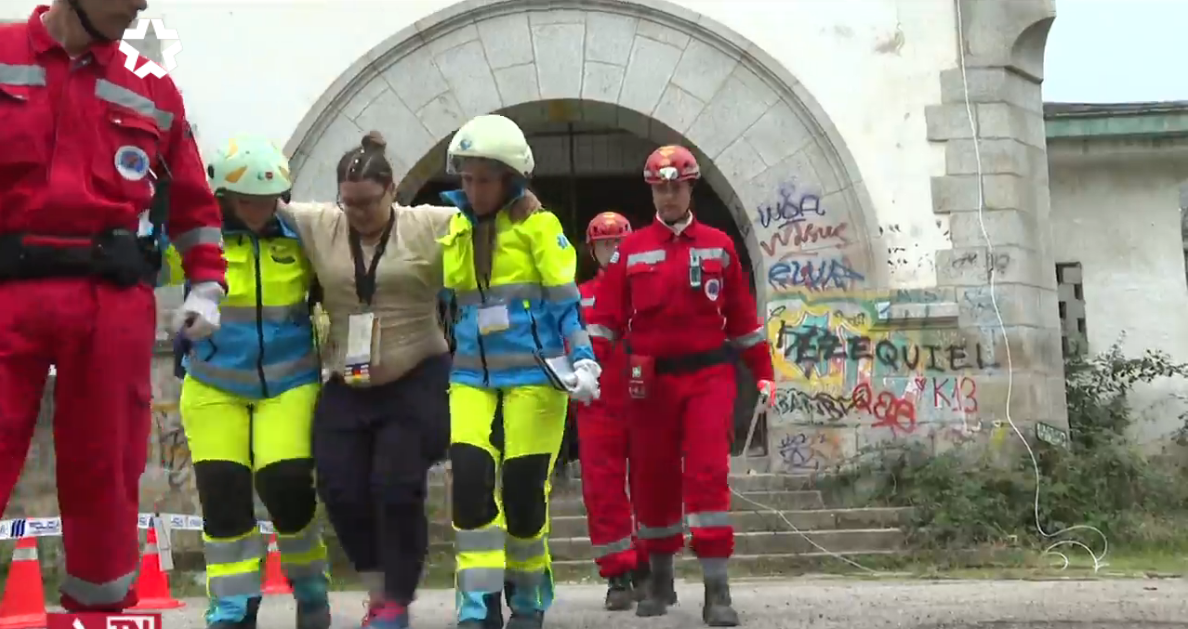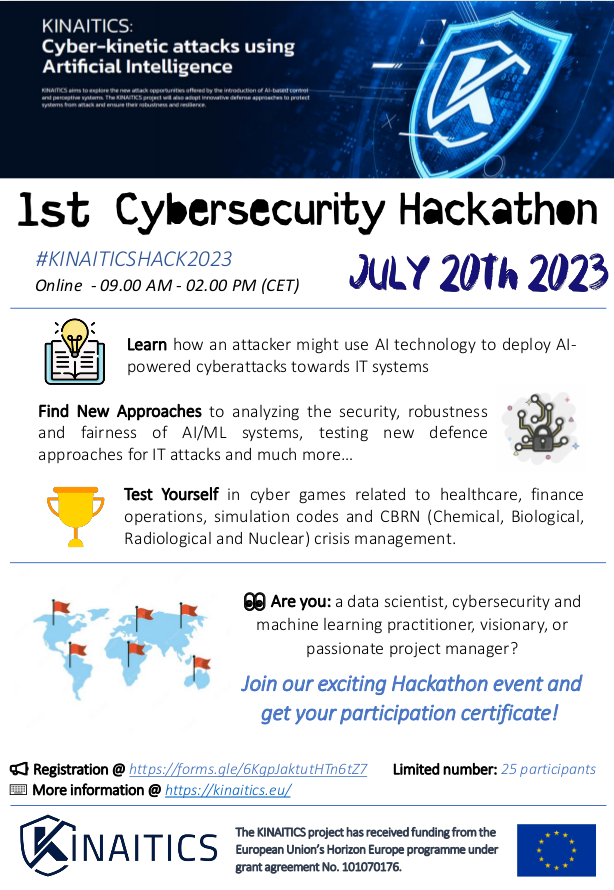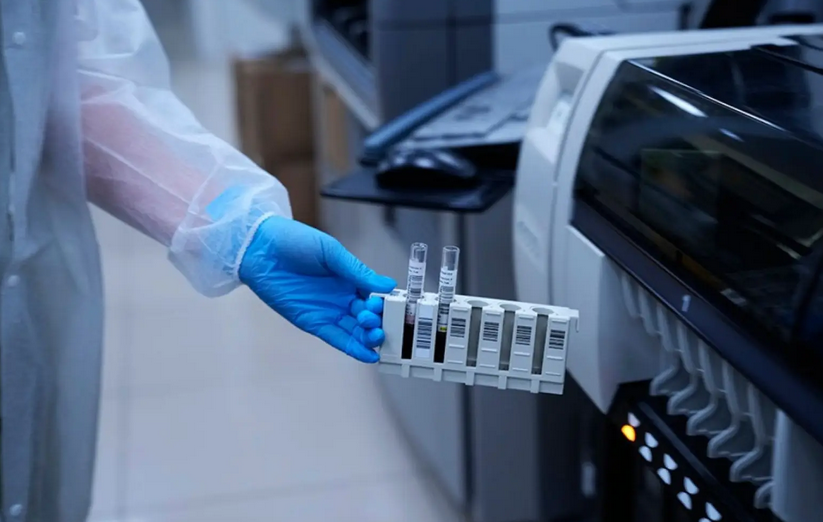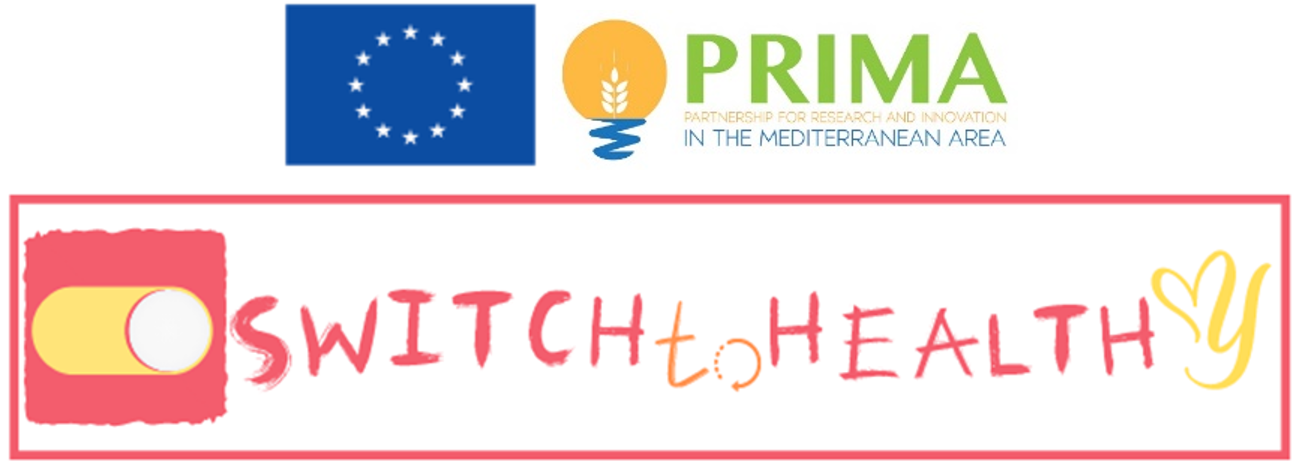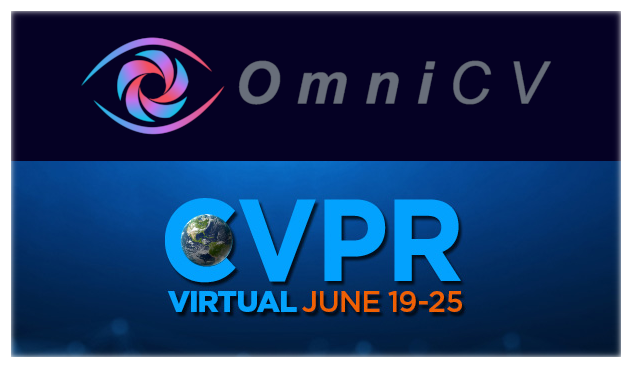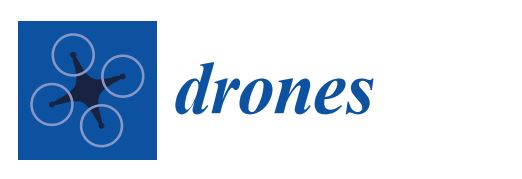INTREPID Project Concludes with Successful 3rd Pilot
Dr. Nicholas Vretos, Technical and Scientific Coordinator of the project, represented the Visual Computation Lab in this event.
... Read MoreAnnouncing Our Hackathon Event: Dive into the World of AI Security
Are you fascinated by the cutting-edge world of artificial intelligence? Are you eager to explore the intricate realm of AI security? Join Our Exciting Hackathon Event! Prepare yourself for an insi ...
Read MorePublication on CORDIS Reveals Groundbreaking Research in Personalized Nutrition
An article featuring our groundbreaking research in personalized nutrition has been published on CORDIS, the official website of the European Commission's Community Research and Development Informa ...
Read MoreNew Chemical Compounds Provide Protection Against SARS-CoV-2
The interdisciplinary team at CERTH has developed two new chemical compounds that protect against SARS-CoV-2, the virus responsible for Covid-19. By screening a library of 500,000 chemical substanc ...
Read MoreA new EU - PRIMA project just started: "SWITCHtoHEALTHY" Switching Mediterranean consumers to Mediterranean sustainable healthy dietary patterns.
SWITCHtoHEALTHY project started on 1st April 2022 as part of the PRIMA Program funded by the European Union under the Grant Agreement number 2133 - Call 2021 Section Agrofood IA, coordinated by ENC ...
Read MoreDr. Vretos and Dr. Zarpalas are Guest Editors of the Sensors Special Issue "Neural Networks and Semantic Analysis in Sensor, Image and Video Processing"
Recent advancements in machine learning have driven researchers and the industry to progressively integrate neural networks into an abundance of applications in domains such as media, healthcare, s ...
Read MoreParticipation of VCL to the OmviCV Workshop of CVPR 2021
Mr. Georgios Albanis and Mr. Vasileios Gkitsas presented their works to the OmviCV Workshop of CVPR 2021: > G. Albanis, N. Zioulis, P. Drakoulis, V. Gkitsas, V. Sterzentsenko, F. Alvarez, D. Zar ...
Read MoreDr. Zarpalas and Dr. Dimou Have Joined the Editorial Board of MDPI Drones
Drones is an international, peer-reviewed, open access journal. The journal focuses on design and applications of drones, including unmanned aerial vehicle (UAV), Unmanned Aircraft Systems (UAS) an ...
Read More